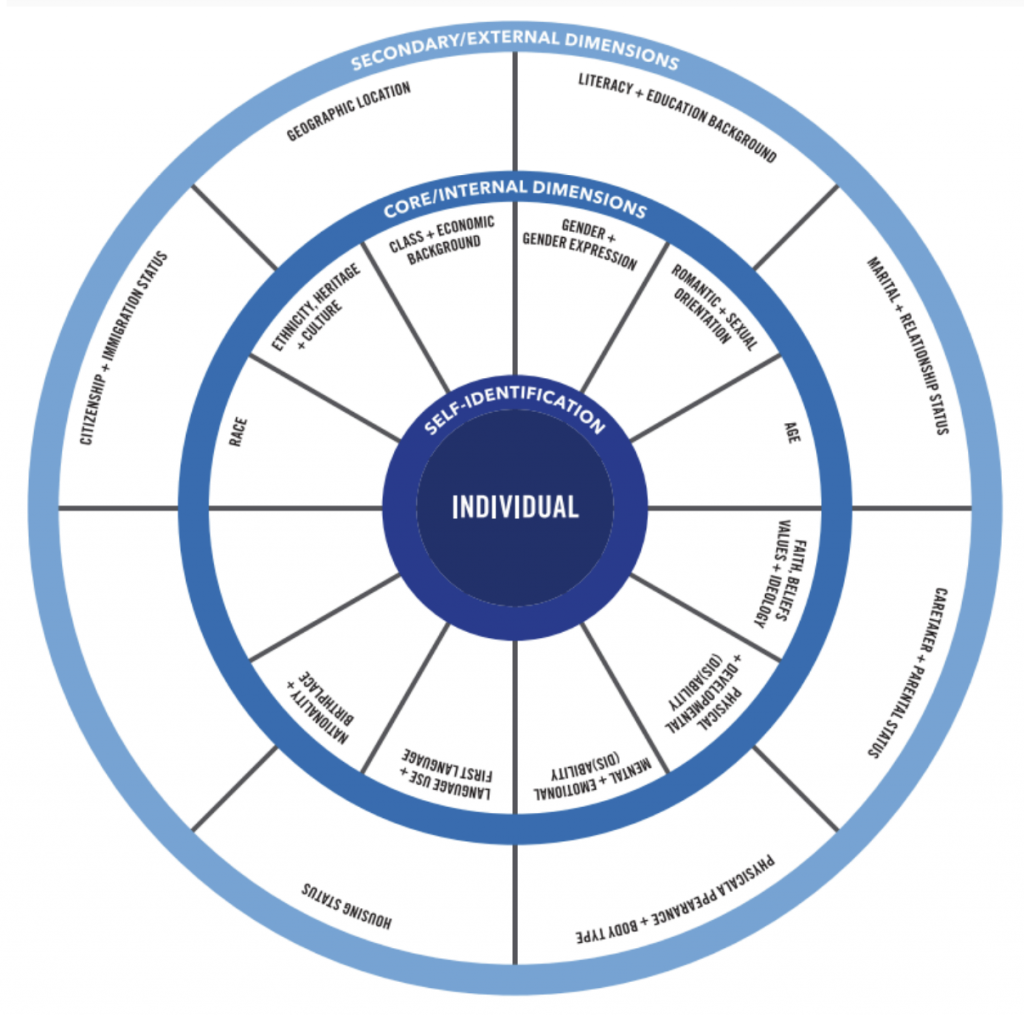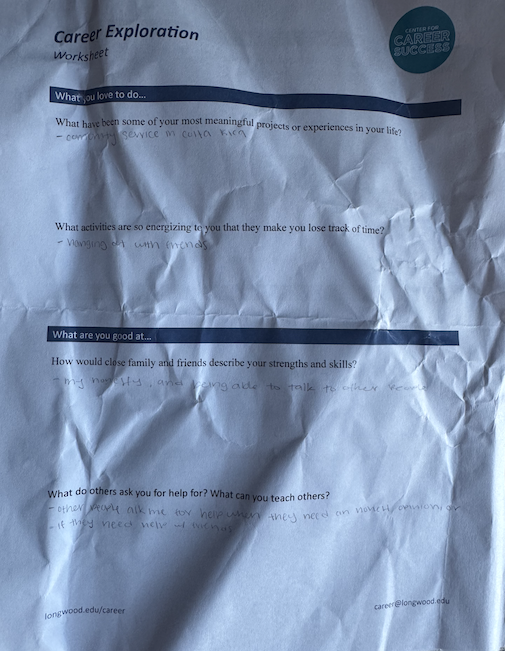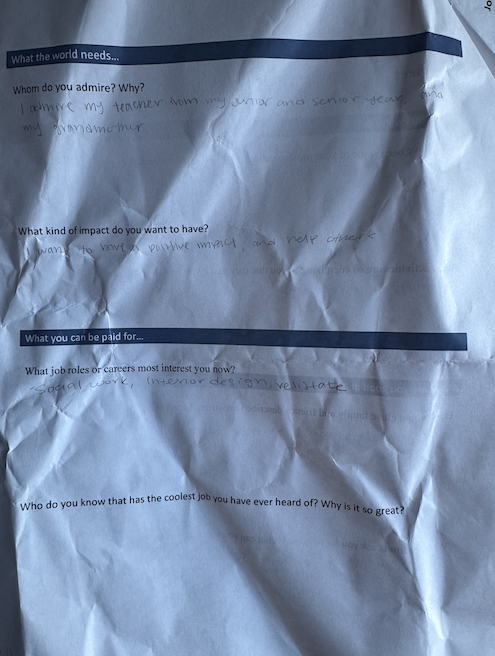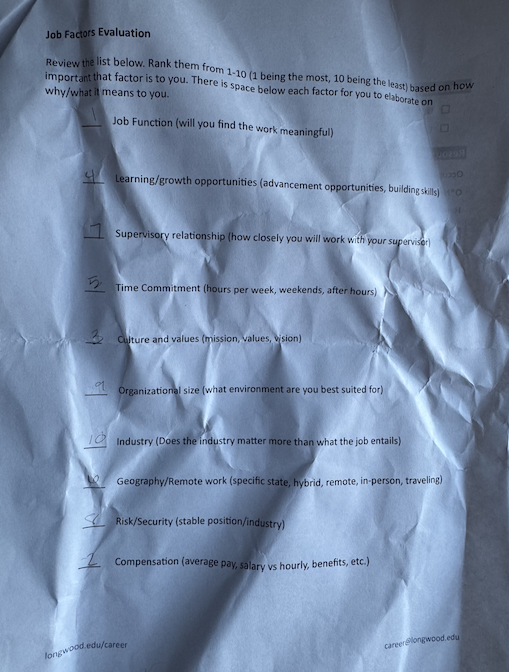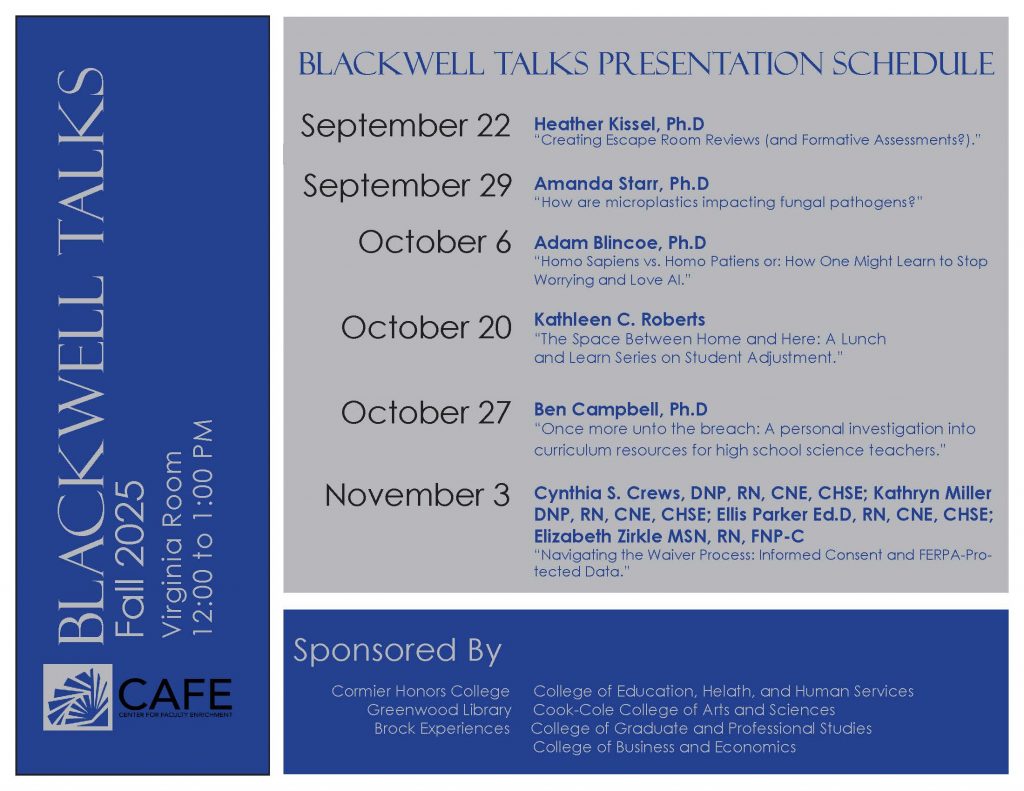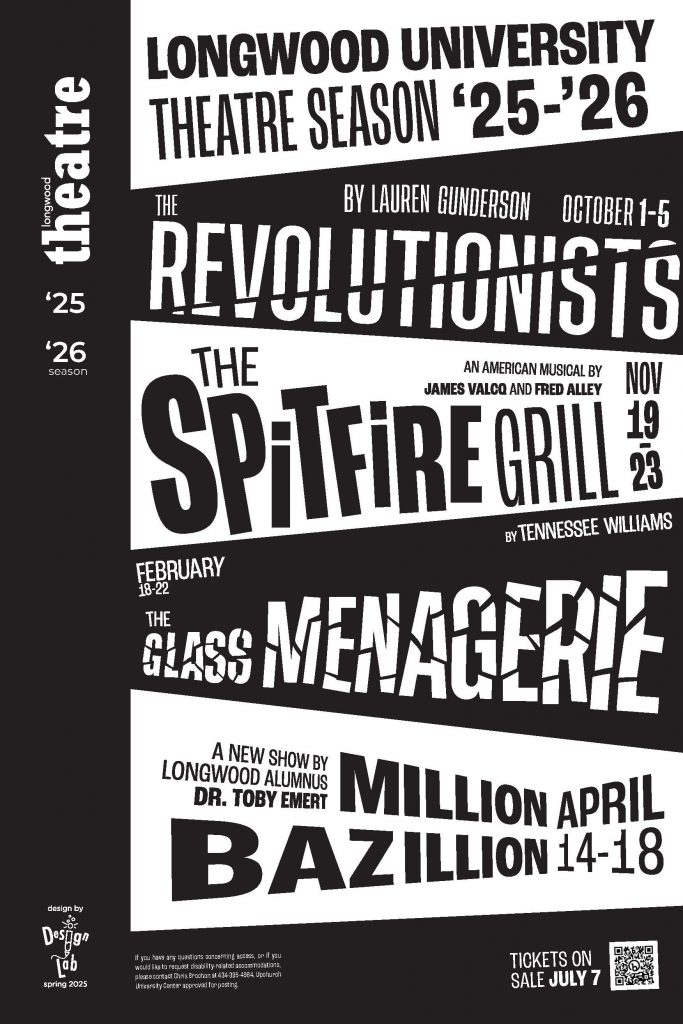If your student hasn’t filled you in about what’s happened so far this fall—or even if they have—you might enjoy seeing proof that there’s been plenty going on here since classes started in August. From one of Longwood’s most beloved traditions to the newest restaurants in town, here’s a generous helping of photos, videos and information to help keep you in the Longwood loop. You might even catch a glimpse of your student!
Convocation
With celebration and caps decorated to the max, Convocation marked the start of seniors’ final year. Everyone loves Convocation, and parents are invited!
See the photos
Watch the video
Read all about it
Family Weekend
Family Weekend brought laughter, “missed you” hugs, and families experiencing their students’ home away from home.
See the photos
Future Educators Pinning Ceremony
Our future educators received their pins, and they’re ready to make an impact—marking the next step in their campus-to-classroom journey.
See the photos
Involvement and Volunteer Fair
Longwood is built on connections. This event helped your Lancers find out the many ways they can get engaged and find their people. With 120 clubs and organizations, there’s something for everyone.
See the photos
What’s New on the Menu in Farmville
We’ve got some delicious new neighbors in town. Hear what students have to say about the fare at Farmville’s newest restaurants—from hot honey bacon pizza to roasted-right-here coffee. (Plus there’s a popular burrito chain on the way!)
Watch the video
First Friday Back
TGIF! First Friday Back was the perfect blend of campus spirit and community vibes for the entire student body!
See the photos
New Lancer Days
“Welcome” doesn’t even begin to say it all. Our newest students got their first taste of what it means to be part of the Longwood family.
See the photos
Want to See More Photos—and Download Your Favorites?
Longwood’s photographers take literally hundreds of photos at many student events, including the ones mentioned above. If you’d like to look through our archive and download your favorites—you can! Just click here and enter the password lancers1839. If you see a photo you’d like to download, just click on it. Then look for the download arrow in the top right corner of the black area above (or to the right) of the photo. Click on the arrow, and the photo will download to your computer. Enjoy!
—Sabrina Brown

